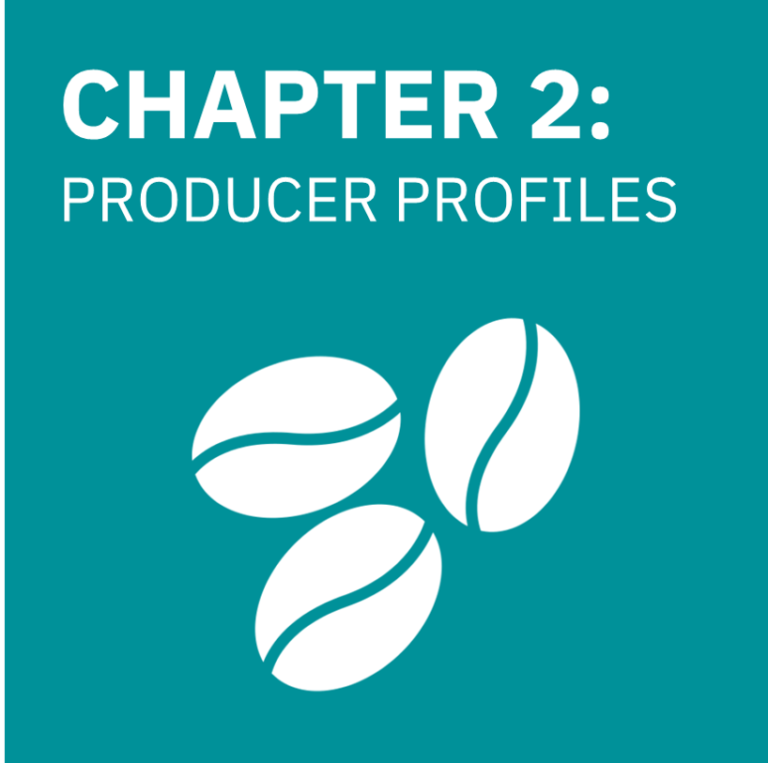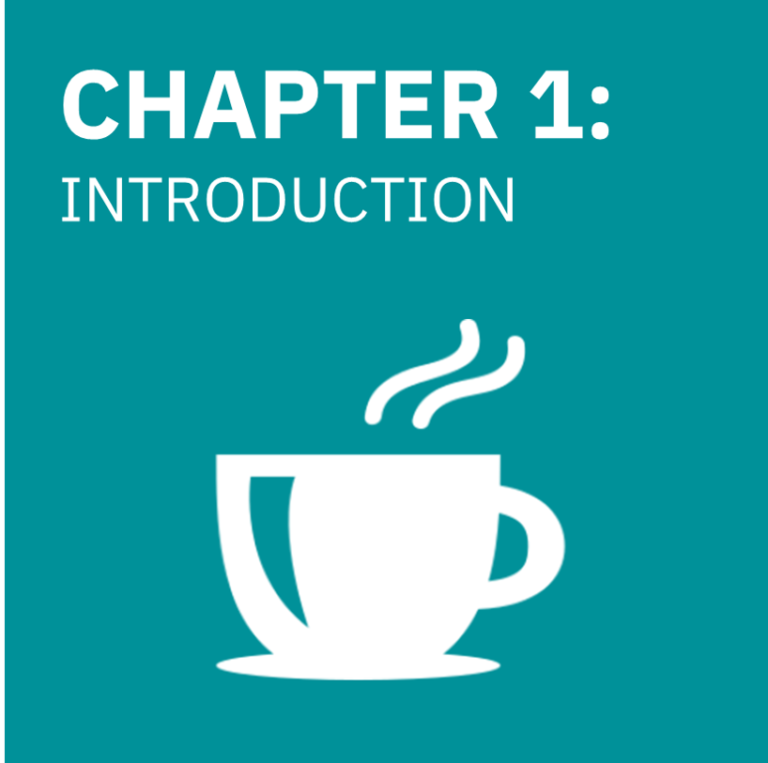
By Joe Maginnis
The following presentation outlines the dynamics of the complex coffee sustainability sector: a group of organizations dedicated to preserving the well-being of the coffee sector and its resources.
Coffee is an agricultural commodity that that belongs to a broader category of “tropical commodities,” which, because of their ecology, are grown in the global south and exported to the global north. As a result, the coffee industry and other tropical commodities are of particular interest to development economists and social activists. It is therefore not surprising that the coffee industry boasts one of the more active sustainability efforts when compared with other agricultural goods.
It is important to note that when we reference sustainability in this report, what we are actually describing is sustainable development – defined by the United Nations as, “development that meets the needs of the present without compromising the ability of future generations to meet their own needs.” Along with their definition of sustainable development, the UN published their 17 sustainable development goals for 2030 – which include slogans like “no poverty” and “gender equality.” These 17 goals have served as a common reference for development stakeholders, including those involved in coffee sustainability efforts.
There are several complex and interrelated social, economic and environmental issues that threaten the sustainability of the coffee sector – either by driving down coffee farmer incomes or depleting natural resources that are relied on heavily. Production of coffee is fragmented into many smallholder farmers who lack access to capital and other inputs – leading to slower yield growth than other agricultural goods. Meanwhile, rapidly rising production out of Brazil and Vietnam and the devaluation of the Brazilian real have put pressure on coffee prices. This has led to chronically low household incomes for coffee producers in certain countries.
In response to the issues outlined above, coffee sustainability stakeholders have organized into what we call the sustainability supply chain, which breaks off into two main divisions: voluntary sustainability standards and multi-stakeholder initiatives. The former are a demand-driven attempt to support coffee sustainability, while the latter are a value chain-driven attempt to support coffee sustainability. Both would be ineffective without dedicated sustainability research organizations to pinpoint sustainability issues for stakeholders to focus on.


